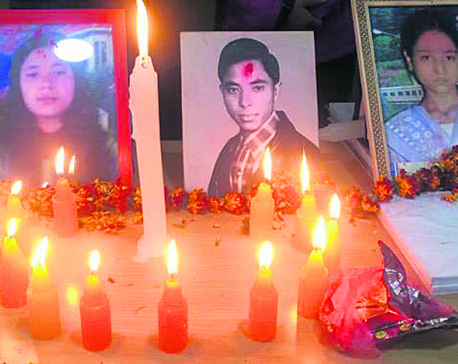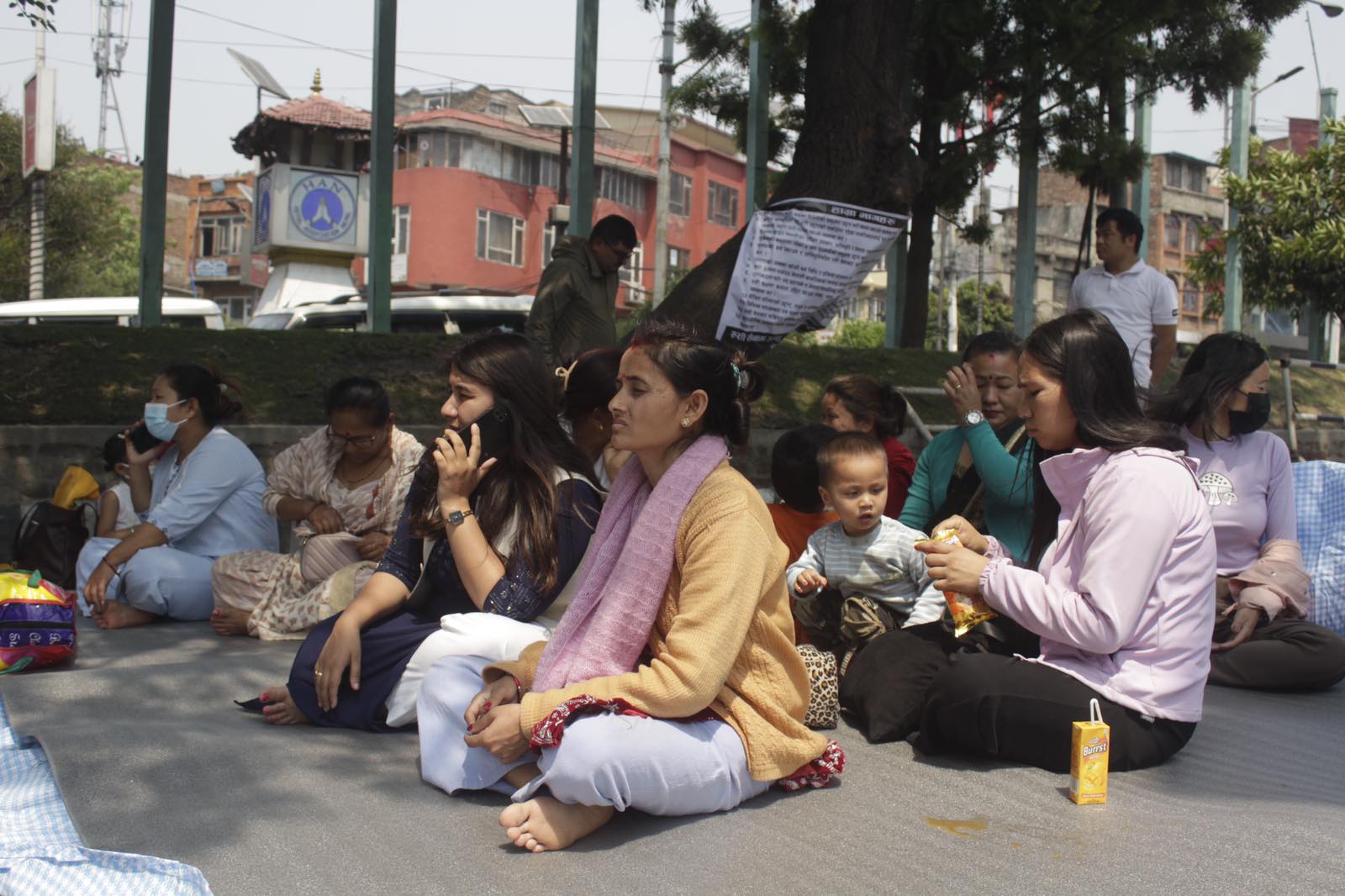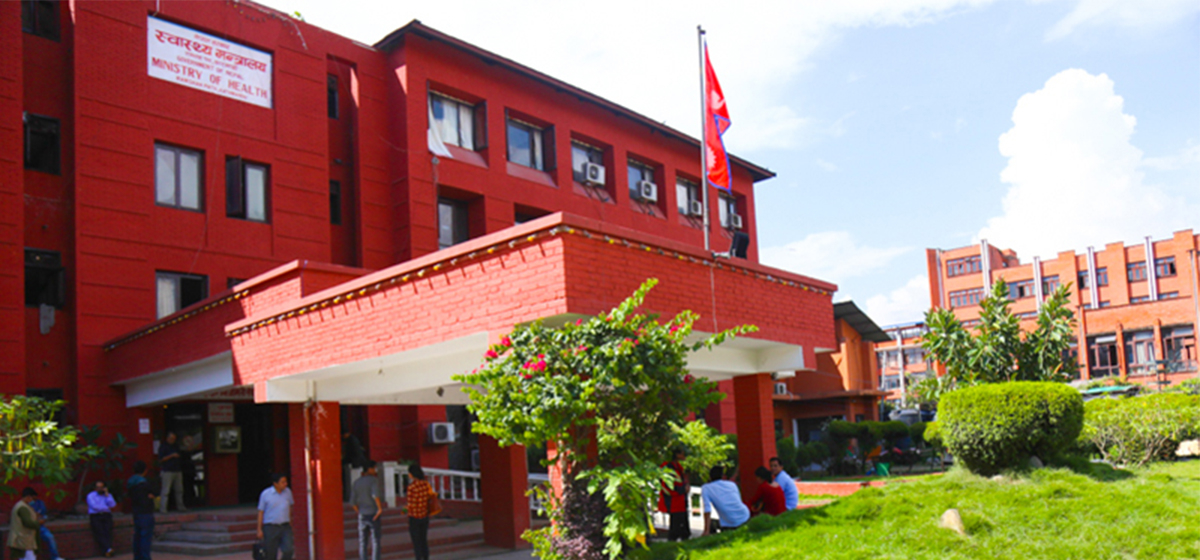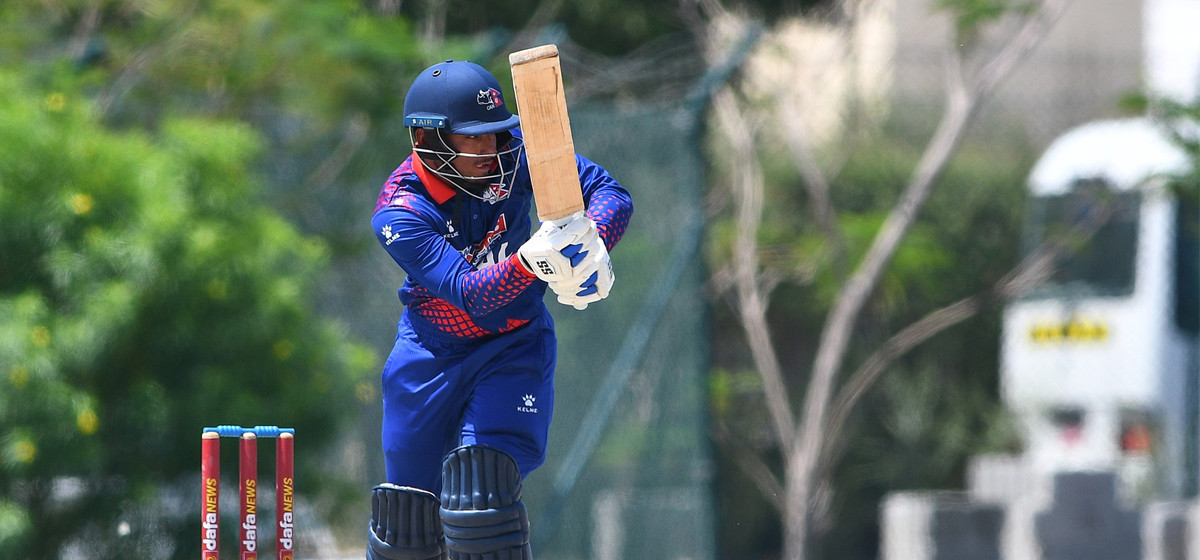
OR
Conflict victims in despair
Formation of Nepal Communist Party on Thursday along with unification of erstwhile CPN-UML and CPN-Maoist Center has raised some hope of stability and development. Chairman duo of the new party—prime minister K P Oli and Pushpa Kamal Dahal—have reiterated multiple times that only goal of merger is to take the country firmly on the path of prosperity and development. This is how it should be. But for many victims of the decade-long conflict—those victimized by state forces and then rebel party alike—the unity has also raised a specter of doubt. They are increasingly concerned that the new party could conveniently sweep even heinous crimes of murder, rape and disappearance of the wartimes under the carpet. This will be the biggest injustice to the victims and will do irreparable damage to Nepal’s quest for resolving transitional justice issues and create a harmonious society. The new party and the government it leads must assure that genuine cases of war era will be investigated and the perpetrators brought to book.
Conflict victims have a reason to be skeptic. Our transitional justice bodies have been working at a frustratingly slow pace and at times even seem noncommittal about resolving conflict-era cases. Soon after signing the peace deal in 2006, both rebels and parliamentary parties had agreed to resolve conflict-era cases within 60 days of signing the deal. This was not meant to be. It took them nine years to form Truth and Reconciliation Commission (TRC) and Commission for Investigation on Enforced Disappeared Persons (CIEDP). Even after these bodies were constituted, they are found to have delayed investigations on war-crimes under various pretexts, even after term extension. As of now, TRC has completed preliminary investigation of only 7,000 complaints of the total 63,000 filed. Over 3,000 complaints are registered at CIEDP of which only 2,200 have been verified and forwarded for reparation. The officials of these bodies have complained that delay in endorsing the commission’s Act has hampered their work. As we have maintained in this space, the government should amend the TRC legislation as per the 2015 Supreme Court verdict and international norms without delays.
But this is what is suspected of NCP for the UML that used to strongly advocate for prosecuting the perpetrators and Maoist Center are together in the same party now. The fear among many victims is that NCP might give up transitional justice to give clemency to the perpetrators. Doing so won’t help bring transitional justice issue to a meaningful close. We need to acknowledge that a number of victims are still waiting for justice. Shanti Jirel Pakhrin of Dolakha was in the first month of pregnancy when her husband, Buddhiman Pakhrin, was brutally killed by the rebels in 2002 on the charge of not providing donation to the party. Those who killed him are yet to be tried. In an interview with Republica, she has expressed doubt that since the two parties have become one, she will ever be provided justice. Shanti’s is only a representative case. Several thousand of conflict victims are waiting for justice. Justice should not be compromised.
You May Like This

Woman reportedly gang-raped in Inaruwa
INARUWA, Aug 27: A woman was gang raped near Halesi Chowk of Inaruwa Municipality-6 in the district headquarters of Sunsari on... Read More...

11 years after CPA, conflict victims still await justice
KATHMANDU, Nov 21: The signing of the historic Comprehensive Peace Accord (CPA), which promised conflict victims expeditious justice through transitional justice... Read More...

13 years on, gang rape victim's family still awaits justice
KATHMANDU, Feb 13: On February 12, 2004, a 17-year-old girl was gang-raped and killed by Nepal Army soldiers for her alleged... Read More...

Just In
- In Pictures: Families of Nepalis in Russian Army begin hunger strike
- New book by Ambassador K V Rajan and Atul K Thakur explores complexities of India-Nepal relations
- Health ministry warns of taking action against individuals circulating misleading advertisements about health insurance
- UAE secures spot in ACC Premier Cup final, defeating Nepal by six wickets
- NC to boycott Gandaki Province Assembly, submits letter to Speaker
- 850 grams of gold seized from Indian national at TIA
- Rupandehi District Court orders to release Dipesh Pun on a bail of Rs 400,000
- Teachers’ union challenges Education Minister Shrestha's policy on political affiliation














_20240311121839.jpg)

Leave A Comment